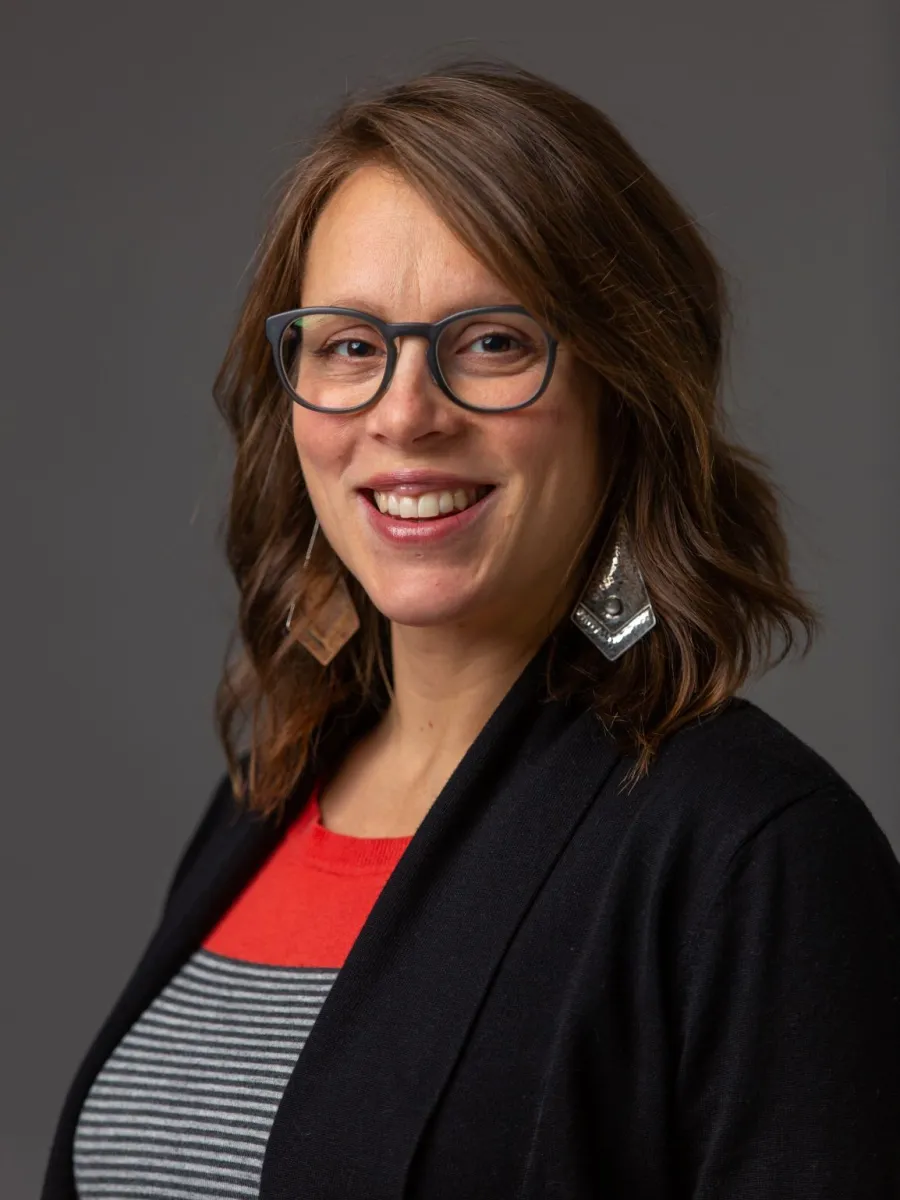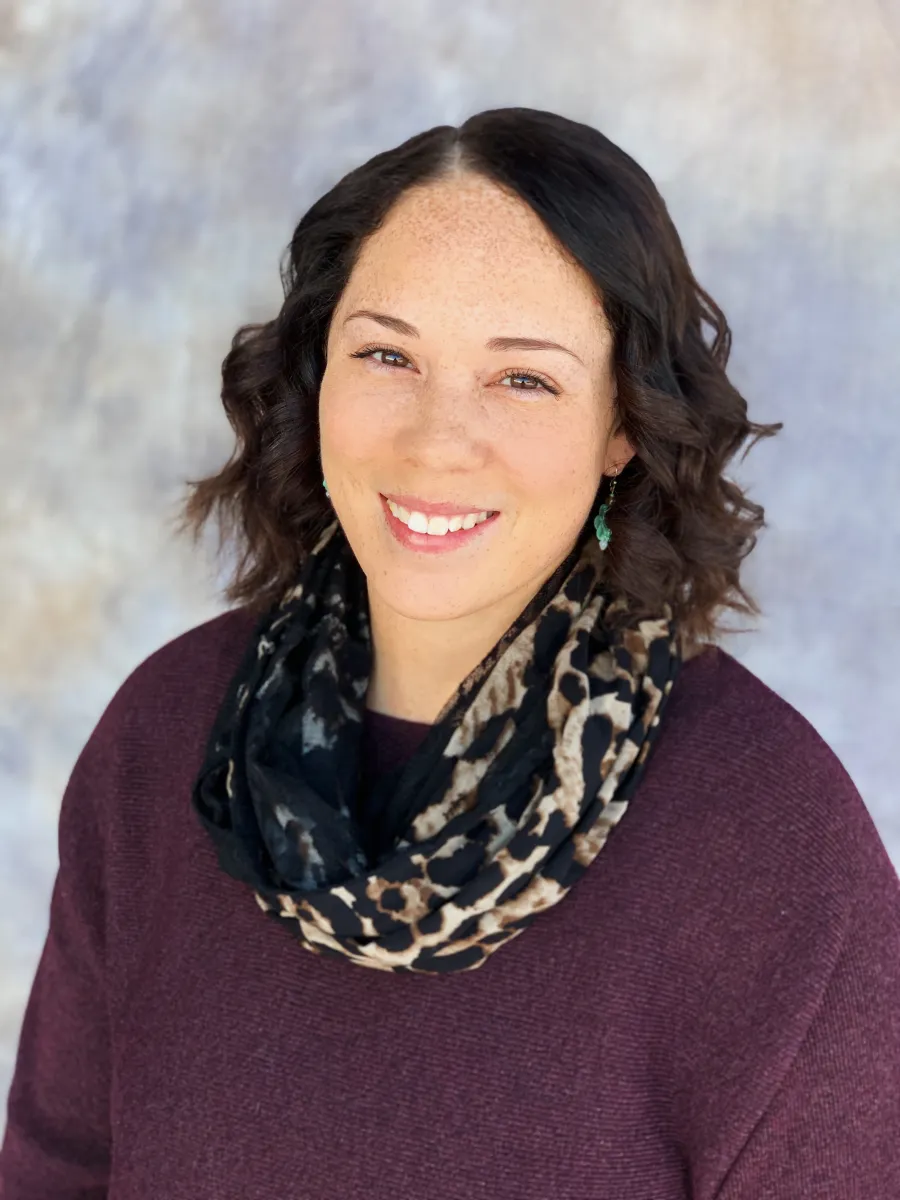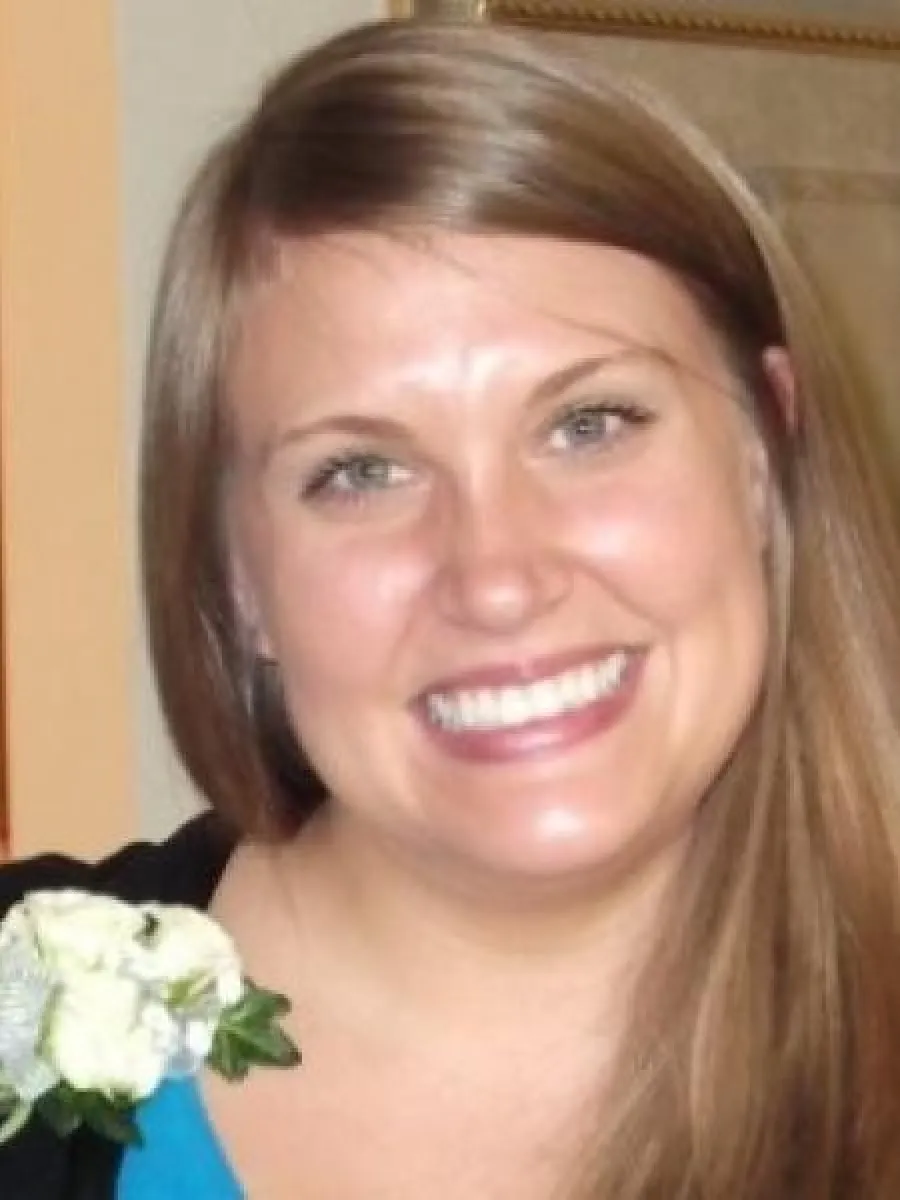
LaMart Hightower
Department Head and Associate Professor
lhightow@nmu.edu 906-227-2197Office Location:
2405 Jamrich Hall

Ann Crandell-Williams
BSW Program Director and Assistant Professor
acrandel@nmu.edu 906-227-1115Office Location:
2408 Jamrich Hall

Sarah Carlson
MSW Program Director and Assistant Professor
sarahcar@nmu.edu 906-227-2726Office Location:
2406 Jamrich Hall
Office Hours:
Please contact Sarah to schedule a meeting in-person, or via Zoom or phone.

Caroline Cheng
MSW Field Director and Assistant Professor
ccheng@nmu.edu 906-227-1116Office Location:
3220 Jamrich Hall

Elissa Kent
BSW Field Director and Assistant Professor
ekent@nmu.edu 906-227-1105Office Location:
2403 Jamrich Hall

Karl Johnson
Associate Professor
karjohns@nmu.edu 906-227-1117Office Location:
2407 Jamrich Hall


Peter Felsman
Assistant Professor
pfelsman@nmu.edu 906-227-1105Office Location:
2418 Jamich Hall
Mino-bimose'idiwag Program (Walking the Path Together)
Adjunct Faculty
Administrative Staff
Michelle Converse
Department Secretary
mconvers@nmu.edu 906-227-1105Office Location:
2400 Jamrich Hall
Fax:
906-227-1212
Adjunct Faculty Opportunities
The Social Work department has a need for adjunct faculty from time to time and we are interested in identifying potential instructors.
For social work courses, please send vita to:
LaMart Hightower, Ph.D., Department Head
Department of Social Work
Northern Michigan University
1401 Presque Isle Avenue
Marquette, MI 49855
or send an e-mail attachment to lhightow@nmu.edu
The minimum academic requirement to teach social work courses is the MSW degree. Generally, a minimum of two years of post-MSW practice experience is also expected.
Research
An Exploratory Study of Coping Strategies of Homeless Adults in the Upper Peninsula
An Exploratory Study of Coping Strategies of Homeless Adults in the Upper Peninsula
 |
Caption: A homeless man called this tent home in woods near Marquette during the winter of 2008
Social Work faculty members Tim Hilton and Cornell DeJong are completing a qualitative study on coping and survival strategies of homeless adults in the Upper Peninsula. During the data collection phase in 2008, former sociology student Francois Vachon participated in interviewing about 60 homeless adults throughout the U.P. Although the homeless may not be as obvious to the public in the relatively small communities of the U.P. as they are in larger metropolitan area, they are still present. Informal contact with area homeless and experience with a local, volunteer homeless program, Room at the Inn, led the researchers to initiate the study.
According to Dr. Hilton, this project examines coping mechanisms among homeless adults in the Upper Peninsula of Michigan. The goal is to understand how adults find shelter and food in different seasons and to identify patterns of accessing various forms of assistance from families, friends and social service providers. Anecdotal evidence suggests homeless adults within rural areas and small towns, especially those who are chronically homeless, develop unique survival tactics, including: camping during warmer months and moving between friends' and families' residences during other times, living out of cars, and frequenting retail stores that are open all night during especially cold nights, and, for those receiving disability benefits, living in hotel rooms when their checks arrive and then living outdoors or in "drop-in" shelters (often run by churches) when their money runs out at the end of each month. Still, coping mechanisms are not well documented or fully understood by policymakers, social service providers, and social science researchers.
The participants in the project were recruited from area homeless shelters and through the use of a technique known as “snowball sampling” whereby participants help locate other participants through their informal networks. Subjects were recruited from several areas across the Upper Peninsula, including Marquette, Escanaba, and Iron Mountain. Understanding more about this growing population may help social service providers and policymakers better understand the unique needs of this population and design appropriate interventions. Two foci of this research are individuals' ongoing relationships with family members and others within their social networks, and their patterns of social service usage.
Participants shared their experiences related to their methods of coping with homelessness. Specific topics include income they receive, methods of finding shelter (whether with family and friends, shelters, living in automobiles, squatting, or camping outside), ways of securing food, and social service utilization. A particular interest is the relationship of the homeless with family and friends. Although it is often assumed that the homeless have exhausted their informal networks, this study finds that family and friends are crucial to the survival of the homeless, but are limited in the amount of support that they can provide.
The researchers made several local presentations of preliminary findings and are now delivering papers in national and international venues, including the 6th International Congress of Qualitative Inquiry, May 2010 and the 2010 Joint World Conference on Social Work and Social Development in Hong Kong. A presentation on using the homeless research data to teach social work students about human behavior and the social environment has been accepted for presentation at the Council on Social Work Education APM in Portland Oregon in October, 2010. The researchers are also in the process of submitting articles for publication based on the findings of this study.






